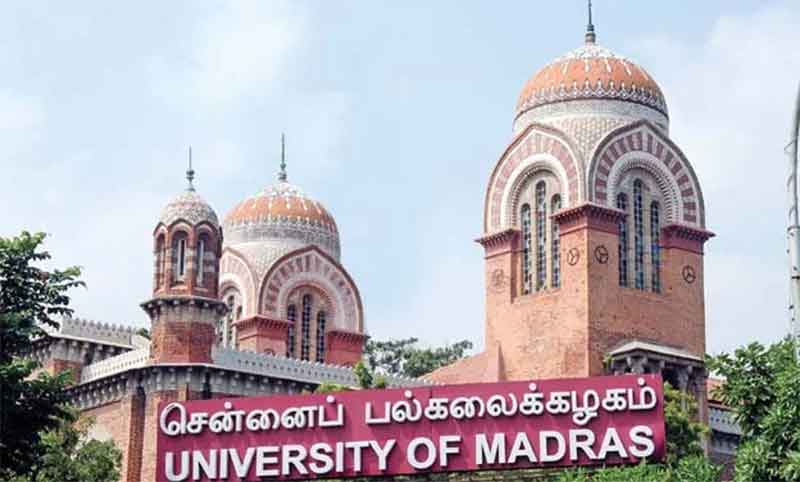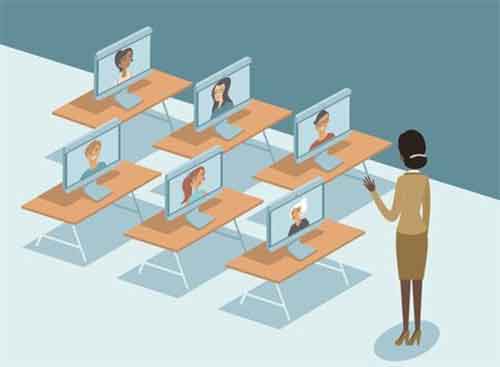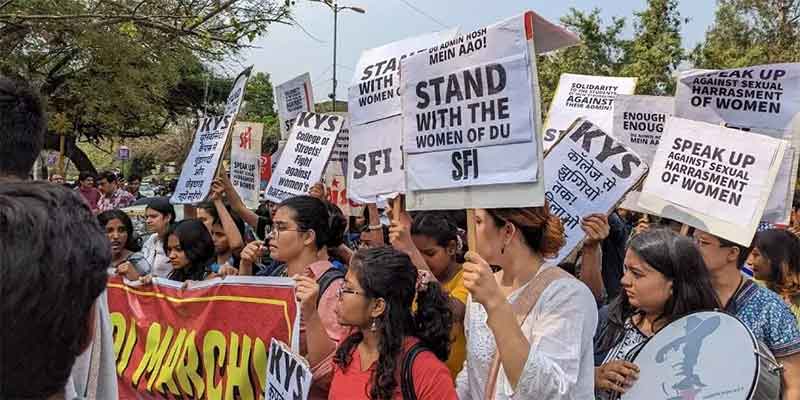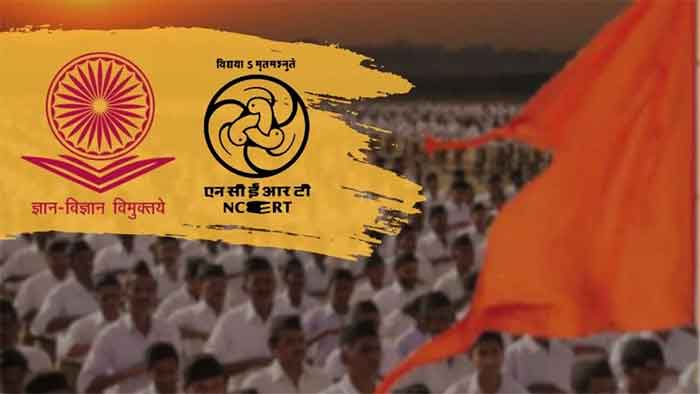Written by Dr. Sudhamshi Beeram, Dr. Arathi P Rao and Prof. K Rajasekharan Nayar

The disruption caused by COVID-19 pandemic has been drastic and perhaps one of the most dramatic transitions witnessed in the education sector. The massive and unexpected closures have forced educational institutions to seek quick fixes in different digital learning platforms (Jandrić, 2020). More than a semester later, lockdowns have eased and universities envision to reopen across the country. While it’s essential to outline the likely future of higher education, it’s equally paramount to reflect on how effective online teaching was for the students.
Although teachers have strived hard to convert the classroom teaching to digitalized ones, there are certain challenges that have arisen from the existing online education system among the students. Some of the shortcomings include fatigue due to longer hours of screen time, internet connectivity issues, back-to-back online lectures, lack of focus in the home atmosphere and at times effect on mental health due to COVID-19 positive cases within their family and friends. In addition to that, online instructions are more intense and require more-effort in delivery by the instructors. Teachers find it difficult to replicate the classroom teaching online and the teacher-student relationship fails to be established through a virtual platform (Dr Dasgupta, 2020)
However, despite the flaws in the online mode of education, it has certain merits. Education cannot be kept distinct for long from the tide of going online. Some of the techniques in an online platform includes online debate, case teaching, mentoring, academic writing, mini-projects (Korkmaz and Toraman, 2020). It can aid in the better integration of the curriculum of various students from all backgrounds and give them access to courses offered by faculty members from premier institutes across the globe.
In view of these benefits and drawbacks of online teaching, educators are coming up with novel ways to enhance their current teaching methods. Institutions and teachers aim to utilize the virtual space as well as artificial intelligence to make education more innovative (Dr Dasgupta, 2020). Online learning can take various forms, including those pedagogically more innovative and engaging than commonly used processes of knowledge delivery in a classroom. Online or offline learning cannot be seen as ‘one thing’ or a pedagogy in its own right. With various options in hand which can magnify the potential to transform and improve the education system, the question for us now is: “How can we blend e-learning in a classroom setting to remodel education?”
The conventional on-campus lecture model offers a higher level of interactivity and engagement between the students and teachers. The educators will have to think out of the box to bring in the element of interactivity and collaboration in their e-learning modules (Dr Dasgupta, 2020). In addition, education faculties should integrate more effective lessons about online education into their curriculum, regardless of the divisions, so that the future educators are well-equipped with technology and online education (Korkmaz and Toraman, 2020). The classroom teaching may be supplemented by online coursework and self-study to assimilate information with guidance from teachers about adequate sources. The students may be suggested to go beyond the syllabi and text books to perceive the experiences of the research scholars through publications (Nayar, 2020).
Furthermore, technology has led to the emergence of creative teaching (Nayar, 2020). The role of a teacher from that of a ‘knowledge-giver’ may gradually transform to a ‘facilitator’ to help them become life-long learners. Educators might also have to adopt a broader educational philosophy to enhance the students’ knowledge and skills such as real-life problem solving, decision-making, self-management, learning how to learn, critical and creative thinking (Korkmaz and Toraman, 2020). Teachers can possibly utilize technology effectively for innovative methods of assessments and reduce the time spent on tasks such as setting, evaluating and grading of the papers.
To sum up, the one-size-fits-all approach to education has been in place for a couple of hundred years (Chaudhry, 2020). Now, however, it is undergoing unprecedented change after the COVID-19 era. A systemic shift in which education will move away from “a teaching culture to a learning culture.” Therefore, a multi-faceted approach of both online and offline methods that maintains the interest of the students is the need of the hour.
References:
- Chaudhry A. (2020) Major changes expected in education sector post covid-19. India Today. Available from: https://www.indiatoday.in/education-today/featurephilia/story/major-changes-expected-in-education-sector-post-covid-19-1686111-2020-06-06
- Dr DasguptaK. S. (2020). Blog DA-IICT. Post-COVID 19 Higher Education in India - An Interview with [Internet]. Medium; 2020. Available from: https://medium.com/@daiictweb/post-covid-19-higher-education-in-india-an-interview-with-dr-ks-dasgupta-41c8217205d3
- Jandrić P. (2020). Learning in the age of digital reason. Springer.
- Korkmaz G., Toraman Ç.(2020). Are we ready for the post-COVID-19 educational practice?: An investigation into what educators think as to online learning. International Journal of Technology in Education and Science (IJTES). Vol 4(4). p(293-309).
- Nayar K. R. (2020, October 7). New possibilities in pedagogy: Some meandered musings. Countercurrents. https://countercurrents.org/2020/10/new-possibilities-in-pedagogy-some-meandered-musings/
Dr. Sudhamshi Beeram has a bachelor’s degree in Naturopathy and Yogic Sciences and is currently a postgraduate student, pursuing Master of Public Health (Global Health) at Prasanna School of Public Health, Manipal Academy of Higher Education (MAHE), Manipal, India.
Dr. Arathi P Rao is the Coordinator of MPH Programme and the Head of Manipal Health Literacy Unit at Prasanna School of Public Health, Manipal Academy of Higher Education (MAHE), Manipal, India.
Prof. K Rajasekharan Nayar is affiliated to Global Institute of Public Health and Santhigiri Research Foundation, Thiruvananthapuram, Kerala. [email protected]
















































